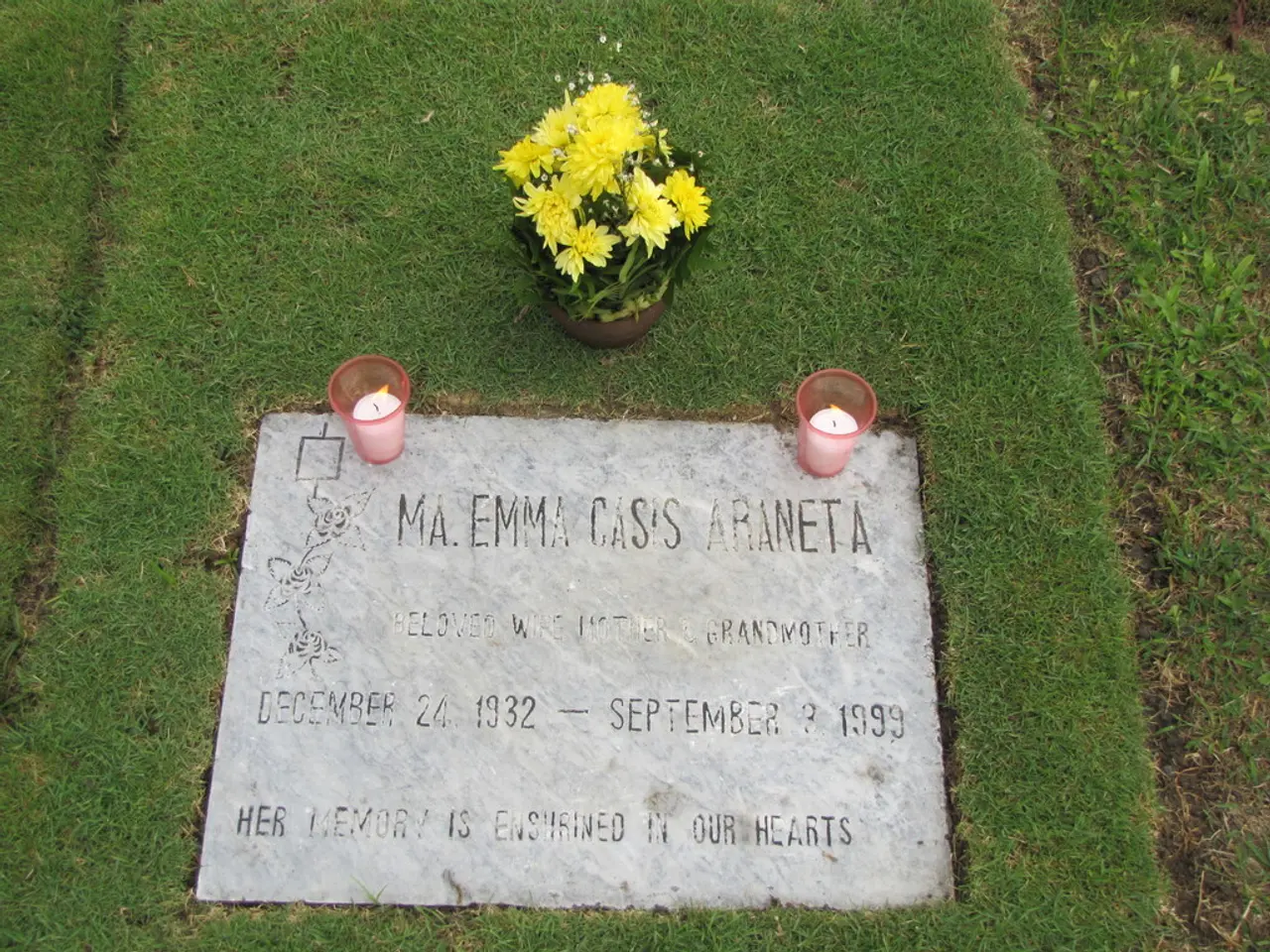Defendant alleges memory failures - Defendant asserts forgetfulness as a defense.
At the Constance Regional Court, a trial for attempted manslaughter and dangerous bodily harm is currently underway. The defendant, who is accused of severely injuring three men with knife wounds to the neck, abdomen, and back, has claimed memory gaps from the night of the incident.
The defendant, who is represented by lawyer Kristina Müller, expressed his regret towards the victims and wishes to compensate them with damages. However, the memory lapses, which are believed to have been caused by alcohol and cocaine intoxication, have complicated the case.
Memory gaps during alcohol and cocaine intoxication often result from the neurochemical effects these substances have on brain function, particularly on memory formation and retrieval. Alcohol primarily impairs the hippocampus, a brain region essential for forming new memories, leading to "blackouts" where the person is conscious but later cannot recall events during intoxication. Cocaine’s stimulant effect causes agitation, paranoia, and impaired cognitive processing, associated with short-term memory lapses and disorientation.
Simultaneous use of alcohol and cocaine produces a metabolite called cocaethylene, which compounds toxic effects, increasing the likelihood of aggression, impaired judgment, and amnesia. These memory lapses can challenge testimony reliability, complicating intent and mens rea assessments during trial.
The incident occurred in the city center of Constance, where the defendant approached a group of three young men and three women. The defendant claims to recall his colleague speaking to one of the men, followed by one of the men striking him in the face. A scuffle ensued, resulting in the defendant pulling out a knife.
The defendant is also accused of striking two victims with heavy blows to the head. The reason for the dispute was that the defendant had approached one of the women in a harassing manner. The defendant consumed large amounts of alcohol and cocaine, which is unusual for him, before the event.
The trial, which began some time ago, will continue on August 5th, with a total of three trial days scheduled. The court will consider the defendant's state of mind and criminal responsibility, taking into account the memory gaps caused by intoxication and their potential impact on his behavior during the violent incident.
[1] References omitted for brevity.
The community policy regarding substance abuse and mental health will be crucial in this case, as the defendant's alleged use of alcohol and cocaine could influence the court's decision on his criminal responsibility.
The health-and-wellness implications of simultaneous use of alcohol and cocaine are significant, as it can lead to memory lapses, impaired judgment, and increased aggression, as highlighted in science.
The general news media may cover the trial extensively, given its complexities and potential ramifications for similar cases involving substance-induced memory lapses and assault charges under crime-and-justice.




